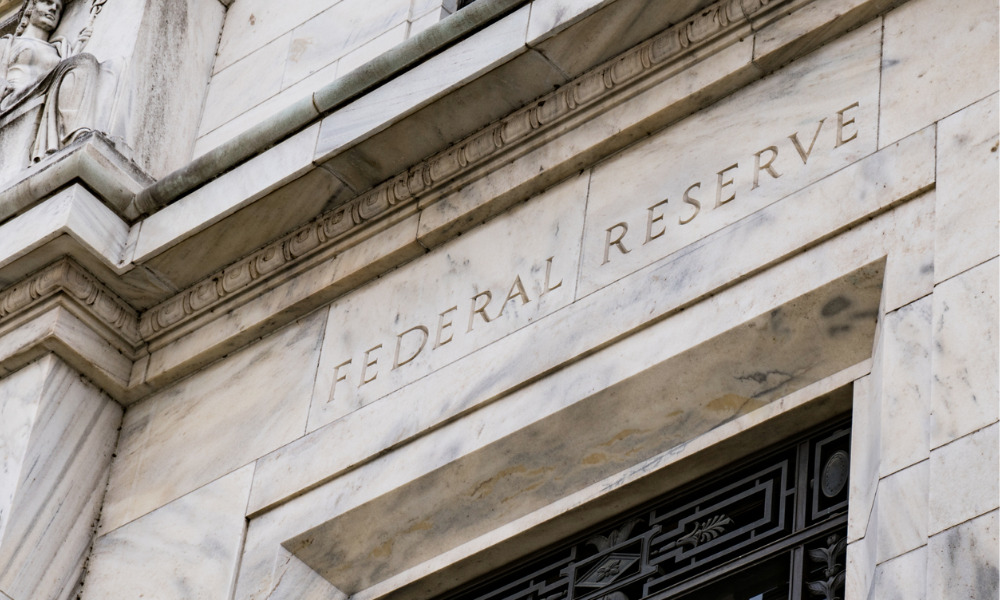Party leader says property owners will benefit most from cheap borrowing

The Reserve Bank’s quantitative easing programme may have some “massive” side effects, with those who already own properties ultimately benefiting the most from access to cheap borrowing.
Former economist and The Opportunities Party (TOP) leader Geoff Simmons says the Reserve Bank has been trying some “unprecedented things” with its independent monetary policy, but that its money printing approach is “running out of bullets.”
He says there is an urgent need for innovative thinking if we want to avoid the “massive” side effects felt overseas by countries who have tried the same approach, and that money primarily needs to be directed towards productive investment.
Read more: Negative interest rates almost inevitable, says economist
“Quantitative easing has been tried most famously in the US, and to a lesser degree in Europe and the UK,” Simmons commented.
“It’s been met with asset bubbles, and the debt that the Reserve Bank is purchasing keeps interest rates low and frees up banks to invest in other things. But the banks profit because they’re clipping the ticket on the transaction, and the other big winners are the ones who already own property.”
“What we’ve seen with cheap money is that it tends to push up asset prices, both overseas and in New Zealand,” he explained. “Because of the tax favouritism of property, we’re likely to see that money going into property rather than productive investment, which is the intention.”
The Reserve Bank’s Large Scale Asset Purchases (LSAP) programme involves buying up $100 billion in NZ Government Bonds, LGFA Bonds and NZ Government Inflation-Indexed Bonds by June 2022. The aim is to lower borrowing costs to households and businesses.
Read more: US Federal Reserve implements “emergency playbook” measures
Simmons says the Reserve Bank should be making sure that its purchases are tied to productive outcomes, or else the programme will quickly run out of usefulness.
“There are a number of routes the Reserve Bank could take, but the trouble of these alternatives is that they shatter the independence between fiscal and monetary policy,” Simmons said.
“Over time, we could set up systems which allow the Reserve Bank to effectively purchase debt off governments or banks that is tied to certain outcomes - climate change outcomes, or infrastructure and investment that has a certain return.
“We need new tools, because I think it’s going to become more commonplace for the Reserve Bank to be printing money, but we have to ensure that money goes towards productive investment.”



